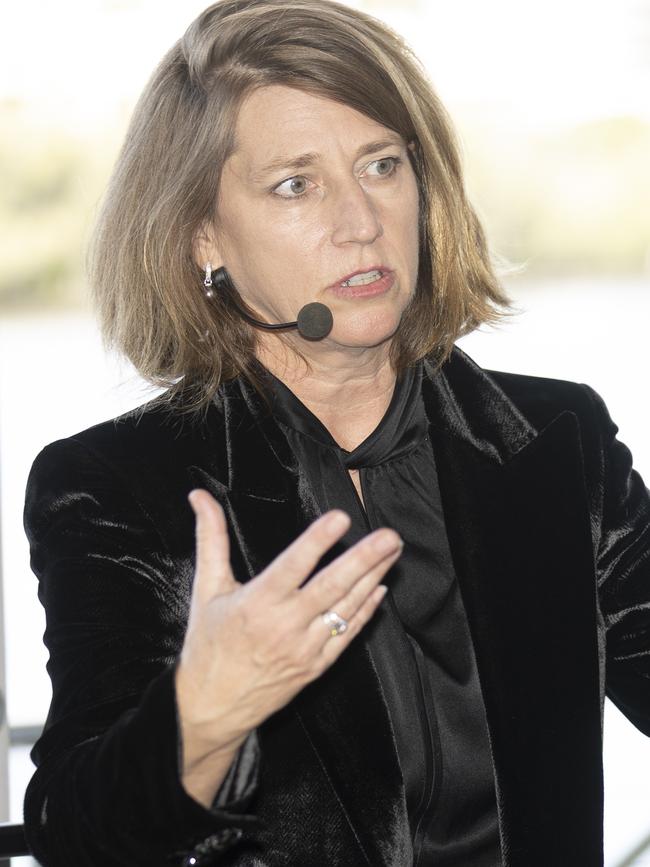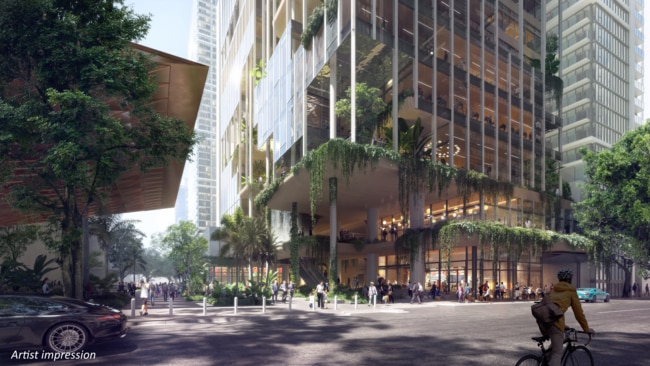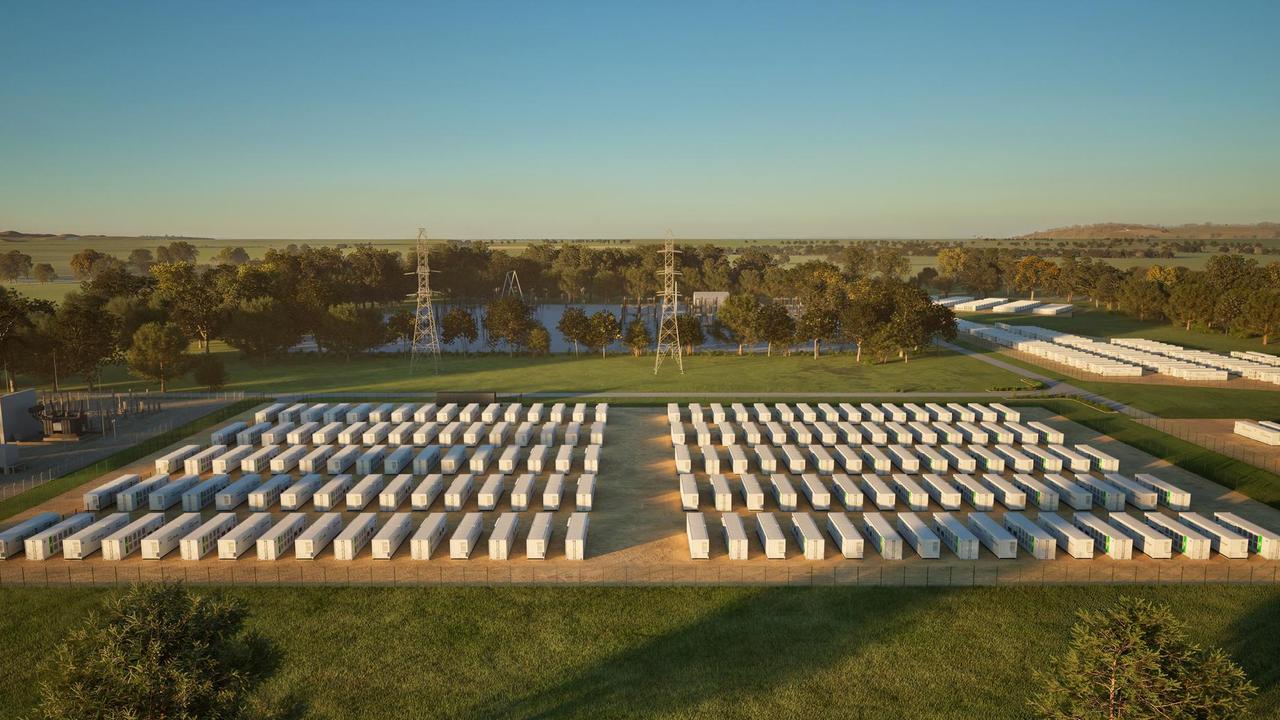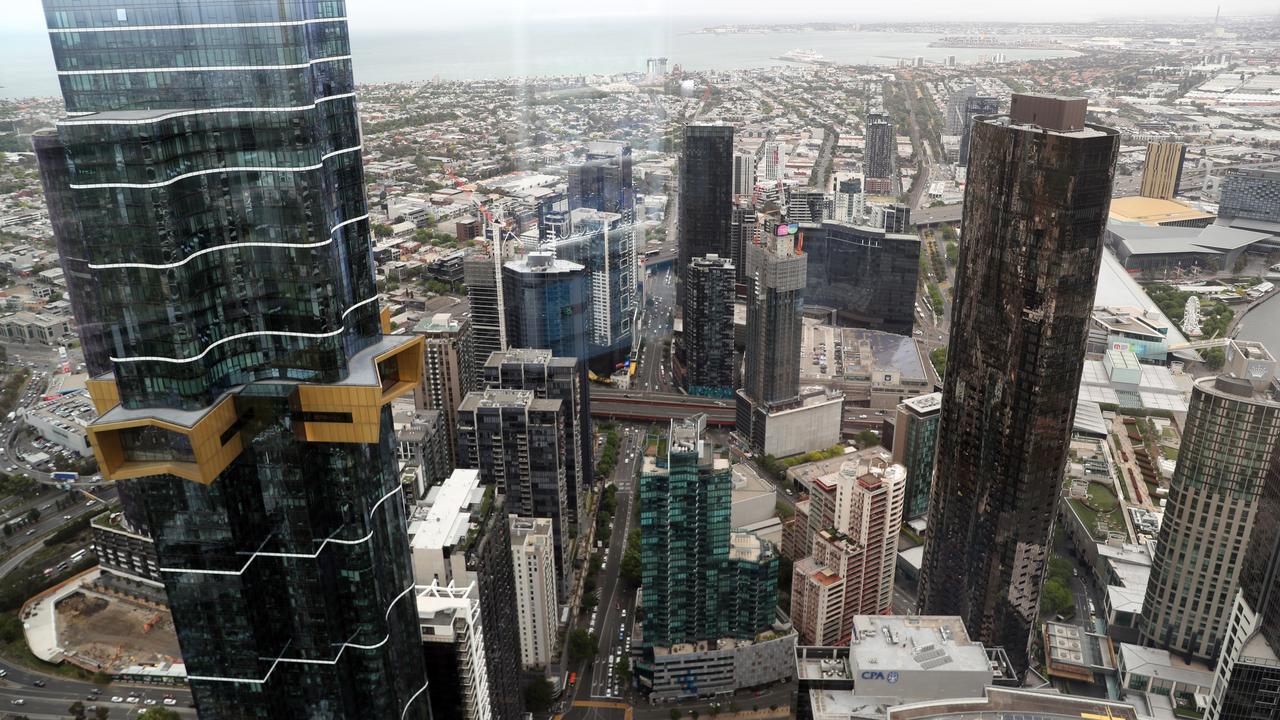QIC reviews Brisbane CBD office portfolio amid expectation of a reset in prices
Queensland Investment Corporation is running the ruler over its multimillion-dollar government office portfolio in the Brisbane CBD but says at this stage there are no active plans to sell the buildings.

Queensland Investment Corporation (QIC) is running the ruler over its extensive government office portfolio in Brisbane’s CBD. But the investment powerhouse insists there are no active plans to sell the buildings despite expectations of a market reset in the office market.
The buildings included in QIC’s Queensland Office Fund (previously known as the Queensland Government Office Fund) include 54 Mary St, 111 George St, 63 George St and 33 Charlotte St.
City Beat spies tell us QIC is holding an “asset tour and strategy update” with investors in February before announcing the next steps for the office property portfolio. The portfolio was sold to QIC by the Newman Government in 2013 to pay down government debt.
Some market experts are tipping top CBD office towers could lose another 10 per cent to 15 per cent in value over the coming 12 months amid the higher cost of debt and work from home practices but other market watchers – usually glass half full commercial property agents – say Brisbane is poised for a rebound.
What would have given QIC some food for thought was the recent sale of the ATO office tower at 55 Elizabeth St in the CBD for $172m. Credit Suisse has paid $169.5m to Grocon on a fund through basis in 2011.
New owner Elanor Investors Group did the deal on a very soft 10 per cent yield, which is an indication that the mega office market may be starting to go through its long awaited reset.
A QIC spokesman says “there are no active plans to divest these assets but of course as an active manager we regularly review our assets in line with investor objectives. This includes opportunities for potential asset refurbishments, acquisitions and divestments.”

Our spies tell us at least one major asset consultant is tipping QIC may be looking to sell down and close the Queensland Office Fund. QIC, headed by Kylie Rampa (illustrated), is still courting institutional capital to invest in Brisbane’s CBD, particularly its 101 Albert project – which may be one reason for undertaking the review.
QIC was recently given the green light on plans to revitalise Brisbane’s mid-town with the development application for the 45,000sq m 101 Albert St receiving approval. The mixed-use commercial development will be delivered alongside the first Brisbane CBD train station built in over 120 years. 101 Albert will include 31 storeys for office use designed to suit a range of tenants through varying configurations.
QIC has tactically divested 13 office assets at the top of the market during the last 13 years, totalling $4.9bn, including nationally significant buildings such as, 80 Collins St in Melbourne, Central Plaza 1, 2 and 3 in Brisbane, MLC Place and 52 Martin Place in Sydney. 80 Collins sold to Dexus for close to $1.5bn in 2019, which was the biggest deal that year. QIC divested MLC Place for $722.5m in 2017, reflecting a 20 per cent increase above valuation.
CBRE senior managing director Mark Curtain says the Brisbane office market remains one of the strongest in the country.
“Limited new supply being delivered over the next four years and expansionary tenant activity are combining to drive vacancies lower,” Curtain says. “These market dynamics will see the vacancy rate fall below 10 per cent by early this year, with continuous space over 5,000 in short supply. Brisbane’s enormous infrastructure program, coupled with record interstate and international migration, is driving tenant activity in both the public and private sectors.
“New office projects like 101 Albert Street that are shovel ready are well positioned to capture major office requirements that simply can’t be accommodated in existing stock due availability or inadequate building amenity/building services.”
More Coverage






